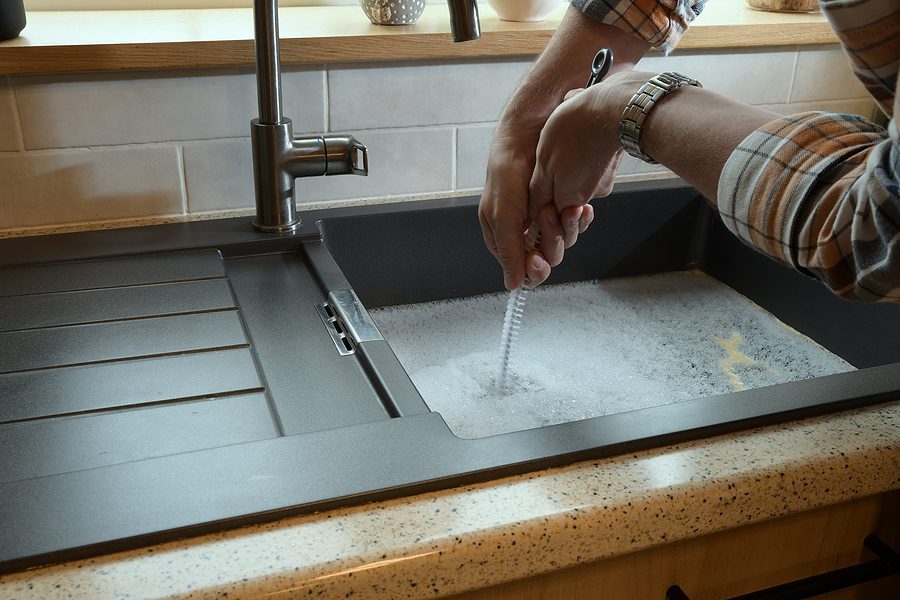
Owning a home means dealing with plumbing issues at some point, but with the right know-how, you can handle many common problems yourself and prevent bigger issues from arising. Here are the top ten plumbing tips every homeowner should know:
- Know Your Main Water Shut-Off Valve
One of the first things any homeowner should know is the location of the main water shut-off valve. If a pipe bursts or there’s a serious leak, turning off the water quickly can save you from extensive water damage. Make sure everyone in your household knows where the shut-off is and how to operate it in case of emergencies.
- Prevent Clogs by Using Drain Screens
Clogged drains are among the most common plumbing issues, but they’re also preventable. Use drain screens in sinks, showers, and bathtubs to catch hair, food particles, and other debris that can lead to clogs. Screens are inexpensive, easy to install, and can save you from dealing with stubborn blockage.
- Avoid Pouring Grease Down the Drain
Grease solidifies as it cools, which can lead to blockages in your pipes over time. Instead of pouring it down the drain, let it cool and solidify in a container, then dispose of it in the trash. This simple practice can help you avoid costly clogs in your kitchen plumbing.
- Learn to Use a Plunger Correctly
A plunger is one of the most useful tools in your plumbing toolkit. Every homeowner should know how to use it to clear minor clogs in toilets, sinks, and tubs. Ensure you have the right plunger for the job—cup plungers for sinks and flange plungers for toilets—and use a steady, controlled motion to create a seal and force the clog out.
- Check for Leaks Regularly
A small leak can turn into a big problem if ignored. Regularly inspect faucets, pipes, and toilets for leaks, as they can cause water damage, mold growth, and higher water bills. Fixing minor leaks immediately is often easy and can save you money in the long run.
- Install Water Softeners in Hard Water Areas
If you live in an area with hard water, consider installing a water softener. Hard water can cause mineral buildup in your pipes, which reduces water flow and affects appliance efficiency. A water softener minimizes this buildup, prolonging the life of your plumbing and improving water quality.
- Know How to Handle a Running Toilet
A running toilet can waste a significant amount of water and lead to higher utility bills. Usually, the cause is a faulty flapper, which you can replace easily. Familiarizing yourself with the basic components of your toilet tank can help you handle this issue quickly.
- Use Baking Soda and Vinegar to Clean Drains
Chemical drain cleaners can damage pipes over time. Instead, pour a cup of baking soda followed by a cup of vinegar down the drain, wait about 15 minutes, then rinse with hot water. This eco-friendly solution can help clear minor clogs and keep your drains fresh.
- Insulate Pipes in Cold Weather
Frozen pipes can burst and cause significant water damage. If you live in a colder climate, insulate your pipes during the winter to prevent them from freezing. Pay special attention to exposed pipes in unheated areas, such as basements, garages, and crawl spaces.
- Don’t Ignore Low Water Pressure
Low water pressure can indicate underlying issues such as mineral buildup, leaks, or failing pipes. If you experience low pressure, especially in multiple fixtures, it’s best to investigate the cause or contact a professional plumber to diagnose and resolve the problem.
Final Thoughts
Understanding these basic plumbing tips can save you time, money, and stress as a homeowner. Regular maintenance, proactive measures, and prompt repairs are key to keeping your plumbing in top shape. By following these top tips, you can tackle many common plumbing issues and ensure a reliable, efficient plumbing system for years to come.

